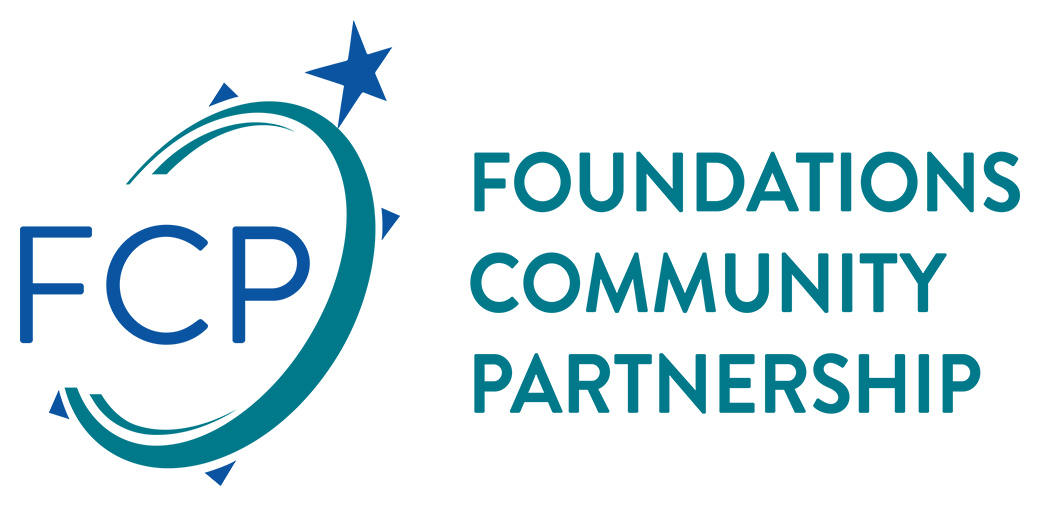Excellent Presentation Addressed Child & Teen Anxiety and School Refusal
Today’s workshop presented by Randi Pochtar, Ph.D, kicked off the FCP 2018 Fall Professional Workshop Series with “Identifying and Treating Anxiety and School Refusal in Children and Adolescents.”
Dr. Pochtar was very personable in her well-organized and energetic presentation. She spoke softly, but there were no complaints from the participants about inability to hear. In general, Dr. Pochtar’s sense of humor, calm voice, obvious knowledge of her topic, and relevant “real-life” examples made the 3-hour presentation go very quickly. I saw that she had over 100 slides to present. I am always concerned when a presenter encourages open questions in an ambitious workshop. She handled most questions very well. She gave good answers and did not let the questions interrupt the flow of her presentation. Unfortunately, few of the questions could be heard by all. I always suggest that the presenter repeat the participants’ questions.
Dr. Pochtar’s goals for participants in this workshop included:
- Identify the most common anxiety disorders in children and adolescents.
- Explain how school refusal functions for school-avoidant children and adolescents.
- Discuss the most effective interventions for school avoidance behavior in children and adolescents, including individual, parenting, and school treatment components.
All goals were met. The workshop provided an intermediate-level understanding of the cognitive-behavioral formulation of anxiety, the principles of the treatment components, and the techniques to implement them.
Dr. Pochtar emphasized that anxiety was adaptive, normal, and motivating. The experience of fear and anxiety are natural reactions. Anxiety becomes problematic when it interferes with functioning of the child or adolescent (i.e. – causing them to avoid or narrow life experiences).
At the start of her workshop, Dr. Pochtar talked about the difference between fear and anxiety. She said that fear is a stress response from immediate danger, and anxiety is a stress response from thoughts. Dr. Pochtar pointed out that anxiety is uncomfortable but not dangerous. She discussed common factors in the development of child anxiety disorders including biological variables, parenting behaviors, and environmental circumstances.
Dr. Pochtar described emotional regulation as the ability to identify and manage emotions and behavior in the context of internal or external stimuli (anxiety). She also talked about the importance of emotional regulation to complete the basic tasks of childhood and adolescence. Inadequate emotional regulation can cause high levels of chronic anxiety, poorly controlled behavior, physical and psychiatric disorders, and, also, social and academic challenges.
Throughout her workshop, Dr. Pochtar discussed many anxiety disorders in children and adolescents. The most common are:
- Separation Anxiety Disorder (SAD) – Excessive anxiety about separating from caregiver.
- Generalized Anxiety Disorder (GAD) – Excessive anxiety about everyday life matters.
- Social Phobias – Excessive fear of evaluation from others.
- Obsessive Compulsive Disorder (OCD) – The “OCD Cycle”: Obsession, Anxiety, Compulsion, Relief.
In her discussion of interventions for anxiety disorders in children, Dr. Pochtar provided a good overview of Cognitive Behavior Therapy (CBT) assessment and treatment specific to child anxiety disorders. Dr. Pochtar listed and described the core components of this treatment technique. These include:
- Psychoeducation
- Increasing awareness of emotions
- Relaxation training
- Cognitive restructuring
- Exposure
- Parent Training
- School-based interventions
Dr. Pochtar mentioned that school refusal in children can occur for many reasons. It is especially high for children with anxiety disorders. She said that school refusal functions for school avoidant children include:
- To avoid general school related situations that cause distress.
- To avoid school-related social/performance situations that cause distress.
- To get attention from significant others such as parents.
- To get to do fun things outside of school.
Dr. Pochtar pointed out that children who avoid school due to anxiety are also not able to learn effective coping skills for anxiety.
In her discussion of addressing school refusal and avoidance behavior related to anxiety, Dr. Pochtar described treatments with the child, parents and school collaboration. Providing treatment for the underlying anxiety problem with the child includes:
School avoidance due to general distress:
- Building anxiety hierarchy of avoided situations
- Develop skills for managing intense physiological arousal
- Systematic exposure and reinforcement
School avoidance due to social/evaluative situations:
- Identifying situations child perceives as threatening
- Track morning thoughts, feelings and behaviors
- Track time entered and left school
- Monitor which classes child attends
Interventions with the parent include:
- Parent training
- Define tangible rewards.
- Create a plan
- Manage parent-child interactions
- Track the “what-if” situations
Finally,
- Collaboration with the school includes:
- Assign a point-person
- Assess positive and negative reinforcement patterns
- Communicate often with the point-person (Have work sent home when child misses school.)
- Work with the point person to determine appropriate school accommodations
Overall, this was a winner! In her workshop today, Dr. Pochtar managed to pack years of research and practice on this topic into 3 very satisfying hours. I’m sure that she has the knowledge to spend many more hours presenting on this topic. Her presentation included a comfortable balance of research support for the topic, and guidelines for treatment. During the break, comments were positive, and most participants appeared eager to return for the second half.
Any thoughts?
